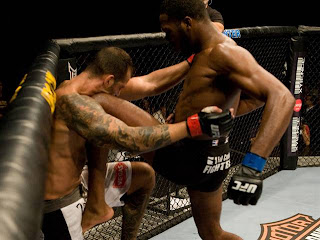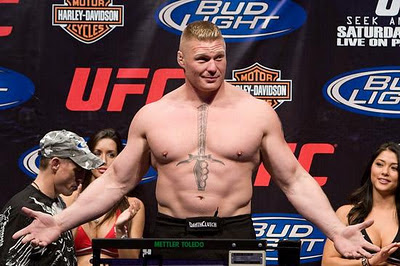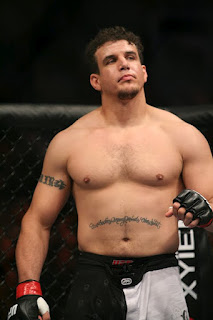Mixed martial arts is a sport that places two individuals against one another. No matter if this confrontation occurs in a ring or cage; those two participants must rely on their own skills to push them towards success. To help develop those skills many of the best fighters train together at gyms such as Greg Jackson’s Academy in New Mexico or the Renzo Gracie BJJ School in New York. However, that practice brings about an interesting question. What happens if two of these individuals were asked to face each other?
Rashad Evans and Jon Jones are two examples of individuals who are in this situation. Evans had earned a title shot against Light Heavyweight Champion Mauricio “Shogun” Rua. At the same time Jones was shooting up the light heavyweight ranks. During this climb the question arose if Evans and Jones would ever fight each other. Both answered no and stated that their friendship means much more than any title.
An unexpected injury forced Evans to have to bow out of his March 19th shot at the belt and in a bit of irony Jones became the number 1 contender to Rua’s title. Now he will step in to face Shogun next weekend. But where does this leave Evans?
At first, Evans stated that he will change weight classes instead of facing off with his friend. That sentiment soon changed as UFC President Dana White and the MMA media began to stir the pot. Now both fighters have made statements that they would fight each other if necessary and look to become the light heavyweight champion. Their coach Greg Jackson has stated that if they were to fight, he’d want nothing to do with the whole ordeal. This has become a very interesting conundrum.
Evans and Jones are not the first two “teammates” that have been placed in this situation. Recently, welterweight contenders Jon Fitch and Josh Koscheck had to answer the same series of questions. Bantamweight contenders Urijah Faber and Joseph Benavidez may be headed down the same course.
Should fighters be reluctant to compete against individuals who have become close friends? Many fans and promoters say no; pointing towards the fact that MMA is an individual sport without teams but in fact training partners. Are these fighters doing their fans an injustice by refusing to go to battle against each other?
Personally, my feelings lie with the fighters in this situation. While MMA is in fact an individual sport, in practicing the sport I believe that you develop bonds that can and will last longer than your time being an active competitor. In my experience I have made friendships that I expect to last a lifetime and would never consider fighting these individuals. If a massive amount of money or world-ranked title was on the line, I hope I would make the same decision.
In many different sports friends and family are forced to face off against one another. Yet, I still find it hard to believe that those situations are the same as when individuals are asked the same thing in MMA. I understand that as the business continues to grow, fans are going to want to see the best fights. But where does the fighter draw the line? And should they be punished for doing so?




